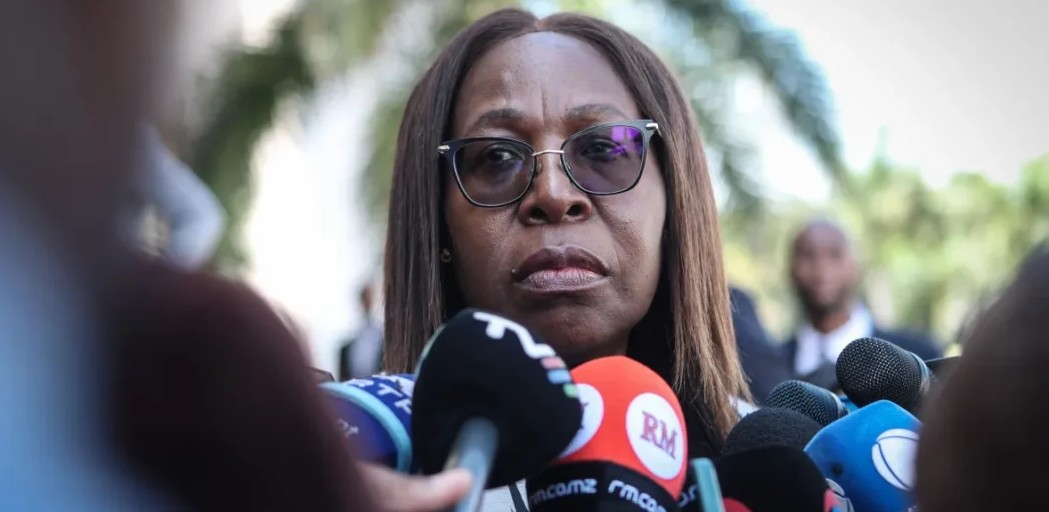(3 Minutes Read)
In a significant milestone for regional economic integration, Mozambique has officially commenced its participation in the African Continental Free Trade Area (AfCFTA). In a significant milestone for regional economic integration, Mozambique has officially commenced its participation in the African Continental Free Trade Area (AfCFTA). The launch ceremony, held on Saturday in the key port city of Beira, was led by Prime Minister Benvinda Levi, who highlighted the agreement’s potential to transform Mozambique’s trade landscape and boost industrial development.
Prime Minister Levi highlighted Mozambique’s growing trade within Africa, citing a total trade volume of around USD 7.1 billion over the past five years. She urged private businesses to seize the opportunities offered by the African Continental Free Trade Area (AfCFTA), aligning with the government’s Industrialise Mozambique strategy, which aims to boost industrial capacity and modernise infrastructure.
Speaking to Agência de Informação de Moçambique (AIM), Levi called the AfCFTA a unique chance to forge strategic partnerships and foster sustainable development through public-private cooperation. Mozambique endorsed the AfCFTA in 2018 and submitted its tariff proposal in 2024, which received African Union approval in February 2025. This enables Mozambique to begin preferential trade with 47 other African countries.
The AfCFTA, covering 55 nations and over 1.3 billion people, aims to create the world’s largest free trade zone by reducing tariffs, easing trade barriers, and promoting regional integration. Levi emphasized the agreement’s transformative potential, especially for resource-rich, strategically located countries like Mozambique.
The launch in Beira—a key port city linking landlocked neighbours to global markets—highlighted Mozambique’s logistical importance. Infrastructure upgrades in such hubs are central to the Industrialise Mozambique agenda.
Read Also;
Levi called for collaboration between the public and private sectors, stressing the need to attract investment, adopt trade-friendly policies, and support SMEs. While challenges remain, such as infrastructure gaps and regulatory hurdles, Mozambique’s early engagement and reforms show a strong commitment to regional trade.
Mozambique’s participation in AfCFTA is part of a wider African push for economic unity, innovation, and inclusive growth. Future developments will reveal how policy translates into tangible outcomes.





